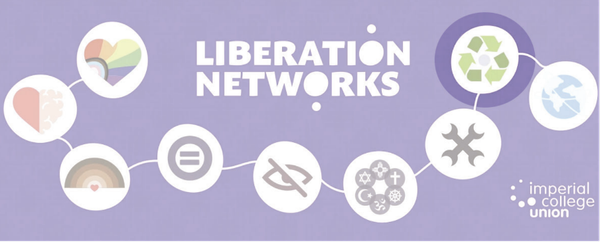Is COP28 effective at generating support for the countries that need it?
Letting their voices be heard: is COP28 eff ective at generating support for the countries that need it?

In the lead-up to the climate summit COP28, all attending parties will have been re-evaluating and assessing their positions on how to tackle climate change. It is interesting to consider the motivations of the delegates and how these will impact the relationships between them and the discussions that will take place over the next two weeks (November 30th to December 12th).
The host country this year is the United Arab Emirates (UAE), with the conference taking place at Expo City, an events space in its capital, Dubai. This was a contentious choice, given that the Middle East is responsible for 31% of the world’s oil and gas production, and that the UAE is a member of OPEC, the Organisation of the Petroleum Exporting Countries. There is fear among policymakers and activists that this will result in a conference plagued by fossil-fuel lobbying and misdirected agendas, especially given that conference president Sultan al Jaber’s affiliation with the Abu Dhabi National Oil Company, which has plans to spend $150 billion on expanding its oil and gas production over the next ve years. Al Jaber has, however, actively supported the EU’s goals to increase renewable energy production, as well as showing interest in implementing the Loss and Damage Fund, proposed at last year’s COP27.
On the flip side, the African Group of Negotiators on Climate Change (AGN) have made ambitious requests for climate commitments to high-income nations, calling for them to stop approving new oil and gas projects. The Group of 77, which includes China, is a coalition of 135 member states in the Global South which are aiming to ‘present a united voice’ at this year’s conference. The group will be seeking greater contributions to the Loss and Damage Fund, which primarily supports nations already being impacted by changes in climate.
For the first time since 2017 (COP21), Hong Kong is sending its own delegation of roughly 30 people to the conference, facilitated by Hong Kong Ambassadors Club. Though the island city has the 20th highest GDP per capita in the world, it is threatened by severe tropical storms and flooding that will only get worse with increased climate instability and sea-level rises. Hong Kong’s overarching target is to achieve carbon neutrality by 2050. The delegates will be seeking to gain insight into the current state of global climate commitments while highlighting the city’s potential to contribute to green finance and innovative technologies – such as GRST, a battery-technology company which recently won the Earthshot Prize in the ‘Clean Our Air’ category (see Environment, Issue 1834).
This division between low-income and high-income countries, and the Global North vs. Global South, has been an increasingly frequent discussion topic in the last few years at COPs.
The position of low-income countries and small island nations on climate goals differs quite significantly to that of developed countries. One of the major differences is in individual versus global focus; many states in the Global North see climate change as an issue to be tackled through sharing the collective burden of implementing mitigation, whereas Global South countries generally have more immediate issues that need to be addressed, such as poverty, the impacts of war, and the after-effects of natural disasters.
In the past, India in particular has been vocal about putting support for its economy and people ahead of the collective goal of net-zero emissions. At COP27 last year, the Indian delegation allegedly stated that they believed the entirety of the world’s remaining carbon budget should be allocated to their country; a controversial claim to say the least. Assignment of the entire global carbon budget to a single country is unrealistic, but there is a lot of validity and strength in India voicing its desire to maintain economic development at its current rate.
The last few annual COPs have increasingly felt like a façade of political power covering up an international governance system that is cracked and crumbling, particularly given that many countries’ nationally determined contributions (NDCs) – their independent, legally-binding plans for climate mitigation – have been put on the backburner in favour of responding to socioeconomic crises.
Ultimately, COP28 exists to provide a platform for activists and the governments of smaller countries to voice concerns and explain their perspectives. However, a few people in a room looking each other in the eye often produces much better results than hundreds listening to a few speakers.
Though such smaller meetings are an existing element of the conference, I question the effectiveness of this two-week long climate change summit every year; perhaps it is time for another shift in the status quo. Countries fostering mutually beneficial relationships, through holding shorter, more focused, and intimate discussions throughout the year about the action they feel able to enact, would perhaps lead to construction of more feasible, long-lasting policies. This could also be more conducive to negotiation from low-income and more vulnerable countries for the support and compensation they deserve from high-income nations.










